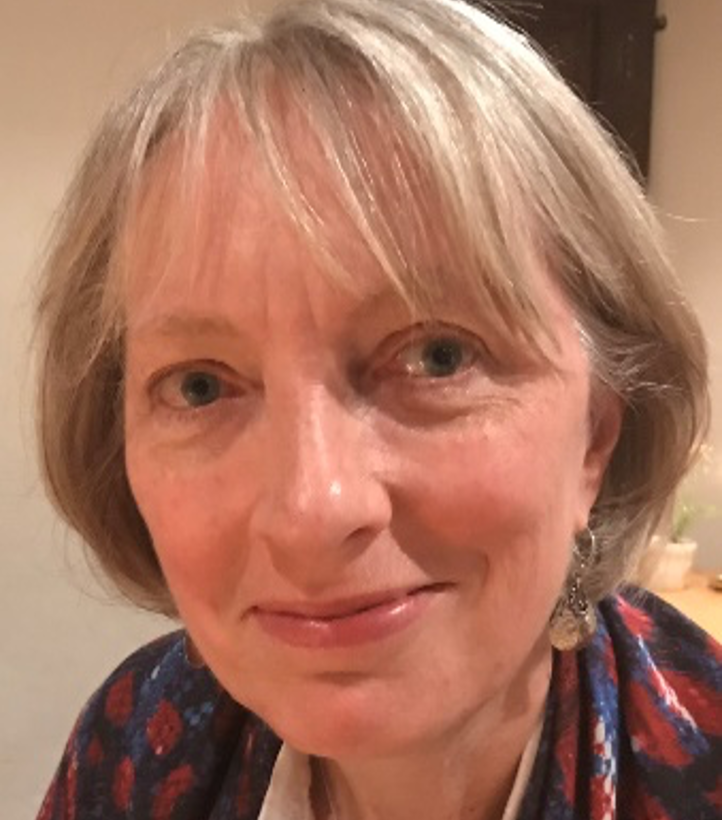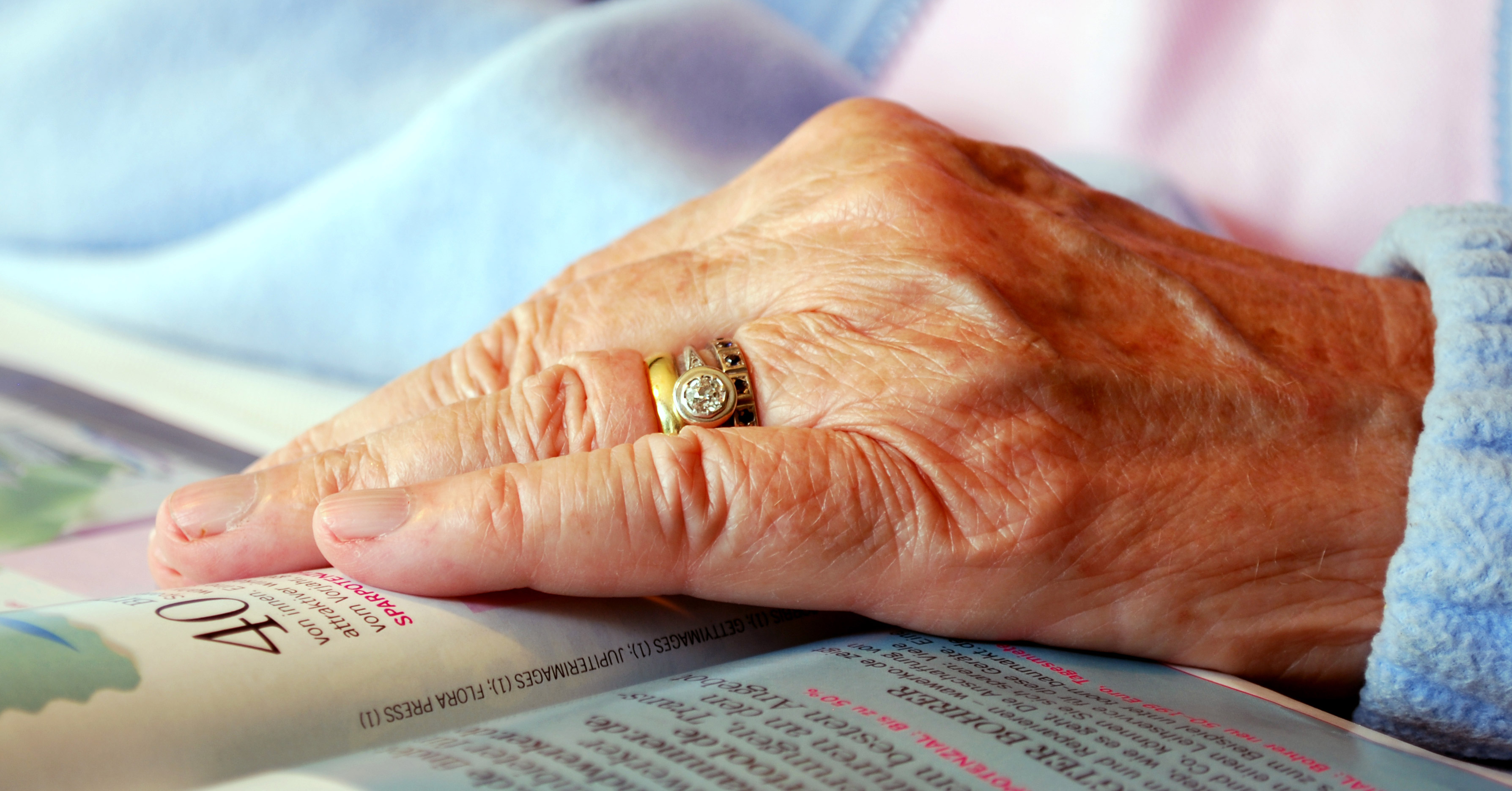Ageing in the North report
Older northerners struggle with inequalities compared to the South
Published on: 23 June 2025
Older people in the North of England are more likely to be poorer, less healthy, physically inactive, lonely and in poor housing - resulting in millions of pounds of avoidable NHS costs.
In a new report from the Northern Health Science Alliance entitled “Ageing in the North”, including experts at Newcastle University, researchers have catalogued an “alarming” range of disadvantages faced by older people living in the North, in areas such as health, life expectancy, housing, nutrition, employment, and social isolation.
The authors stress that this inequality is mainly driven by economic and social factors, and is “totally reversible” - as long as policymakers are bold enough to act.
For example, targeted investment has the potential to reduce or recover as much as £10.9 billion in lost productivity costs, £315 million in NHS costs from falls and hip fractures, and £588 million in NHS costs from treating conditions resulting from poor housing.
“Ageing in the North” is published by the Northern Health Science Alliance’s Ageing North network - including a multi-disciplinary team from Newcastle University, Durham University, Lancaster University, The University of Manchester, and the University of Sheffield - and Health Equity North.

‘Harder to grow old in North than South’
Barbara Hanratty, Professor of Primary Care and Public Health at Newcastle University, said: “For many, it is harder to grow old in the North than in the South. There are some deep-seated and long-term reasons for that. But we must also acknowledge that the situation is being influenced by decisions that are being made today.
“Average earnings in the North amongst those aged 65 and over are the lowest in England, and poverty has increased over the last 10 years. People in the North are more likely than their neighbours to leave the workforce due to ill-health.
“We need real policy changes to tackle the root causes of this inequality, with more targeted initiatives to address the many disadvantages facing older people in the North.”
Researchers analysed existing data through a regional lens to examine the different ways in which ageing is experienced across England.
They explored issues such as poverty and employment, health expectancies, long-term chronic conditions, frailty and falls, physical activity, nutrition, dementia and cognitive frailty, social support and unpaid care, social isolation and loneliness, housing and ethnicity.
The report states that:
- There are an estimated 904,200 economically inactive 50-64 year olds in the North: 170,100 in the North East, 428,600 in the North West, and 305,500 in Yorkshire and the Humber, contributing to a potential reduction in GDP of £10.9 billion per year
- People from the South are more likely to retire, while those in the North are more likely to leave the job market due to poor health
- Older people living in the North East and North West are 1.61 and 1.33 times, respectively, more likely to be frail, 1.16 and 1.06 times more likely to have a fall that requires hospital treatment, and 1.14 and 1.12 times more likely to have a hip fracture compared to older people living in the South East
- The cost to the NHS of falls and hip fractures in the North is £55.7 million and £258.8 million per year respectively
- 1.47 million northern homes are considered non-decent, with over a third housing over-60s residents. This is costing the NHS approximately £588 million in treatment per year
- In the ten years from 2012 to 2022, the North East and Yorkshire and the Humber have seen the rates of poverty among people aged 65 and over rise by 10%
- People aged 65 or over are 5% more likely to be deprived in the North (68%) than in the South (63%)
- Between 2020-21 and 2022-23, pensioner couples in the North East had an average income 14% lower than the national average and 25% lower than those in the South East
- Men aged 65 and over in the North East are predicted to have the highest number of unhealthy years of life on average, at 20.2 years. Yorkshire and Humber have 19.1, while the South East has 16.6
- The number of unhealthy years of life for older women in the North East is 23.7 years, compared to 19.4 years in the South East
- There is a two-year life expectancy gap between the North and the rest of England, with premature death rates 20% higher for those in the North
- Arthritis is more common amongst 55-64 year olds in the North (28%) than in the South (23%). Just 51% of people in the North East and Yorkshire and the Humber are seen for treatment within the national three-week target, compared to 79% in the South West
- Physical inactivity in the North East among 55-74 year olds is at 31% compared to 22% in the South East
- Northern adults over 65 are 27% more likely to experience food insecurity than those in the South
- Cognitive frailty (cognitive impairment plus physical frailty) in old age is more common in the North than in the South, with 11.8% living with cognitive frailty in the North East compared to 7% in the South East.
- Older adults in the North are 23.3% more likely to experience loneliness compared to the South, with northern women 1.55 times more likely to be lonely than men
- The three northern regions have the highest proportion of people aged 65 and over living in care homes, costing an estimated £4.83 billion in care home fees
- Minoritised ethnic groups consistently report poorer self-rated health than White British peers. Self-rated health is generally poorer in the North than in London and the South.
Anna Dixon, Member of Parliament for Shipley, said: "Where you live shouldn’t affect your experience of ageing. This report brings into sharp focus the reality of how unequal ageing is across England.
“If we want to create a society that supports everyone to live and age better, we need to tackle the wider societal issues that result in some people in some communities dying earlier and living longer in poor health.
“This needs a life course approach, from childhood to adulthood, that enables people to remain active, stay healthy and contribute to society for as long as possible.”

‘Government needs to take action’
Leading academics behind the report are now calling on the Government to recognise the challenges faced by people in later life and to prioritise tackling the root causes of unequal ageing.
The report includes evidence-based policy recommendations, which could go a long way to reversing the widening inequality gap between North and South.
These recommendations include:
- Adopting a cross-government approach to prevent unequal ageing, looking at themes such as education, housing, employment and health
- Strengthening place-based collaboration between local government, combined authorities, housing developers, the NHS, and older adult
- Developing and delivering a national housing strategy for older people that prioritises ageing in place and invests in age-friendly, accessible homes
- Significantly increasing investment in adult social care in the North of England
- Developing an NHS-led, UK-wide strategy to address physical inactivity as a key driver of later-life health inequalities
- Producing a national strategy to recognise and address cognitive frailty as a preventable condition distinct from dementia
- Identifying the regions most at risk of diseases such as arthritis, cardiovascular disease and diabetes, and adopting a proactive preventative strategy which expands community-based services and strengthens early intervention
- Expanding workplace health programmes and improving healthcare access disparities
- Developing tailored place-based strategies to reduce loneliness among older people, focusing on groups at highest risk, such as women, minoritised ethnic groups, people who are living alone, or with poor health
- Addressing food insecurity in later life through stronger national tracking and targeted local action
- Improving the collection and use of ethnicity and regional data across health and care systems to better understand and inform culturally-appropriate and regionally-sensitive responses
- Strengthening support for unpaid carers of older people by increasing carer’s allowance and carer-related benefits.
Hannah Davies, Chief Executive of the Northern Health Science Alliance and Executive Director of Health Equity North, said: “The North is a beautiful place to grow old. We have some of the most breathtaking scenery in the country, as well as welcoming and tight-knit communities. And yet, the day-to-day reality of ageing for many northerners is far harder than it should be.
“We have often talked about the inequalities that exist in the North, and this report is a reminder of why the gap between North and South continues to widen. There is clear evidence of this on so many fronts - from poverty levels to housing quality, frailty, nutrition, and social support.
“The divide is particularly pronounced amongst older adults from diverse ethnic backgrounds, which highlights the need for culturally-sensitive solutions which recognise community needs.
“It is undeniable that we need to offer urgent help to older people who are dealing with these issues. It is also our responsibility to make sure that future generations do not have to go through the same challenges - with targeted, considered policies that address the lifelong issues that are so familiar to northern citizens.”
Read the full “Ageing in the North” report here: https://www.thenhsa.co.uk/app/uploads/2025/06/AGEING-IN-THE-NORTH-REPORT-EM.pdf




